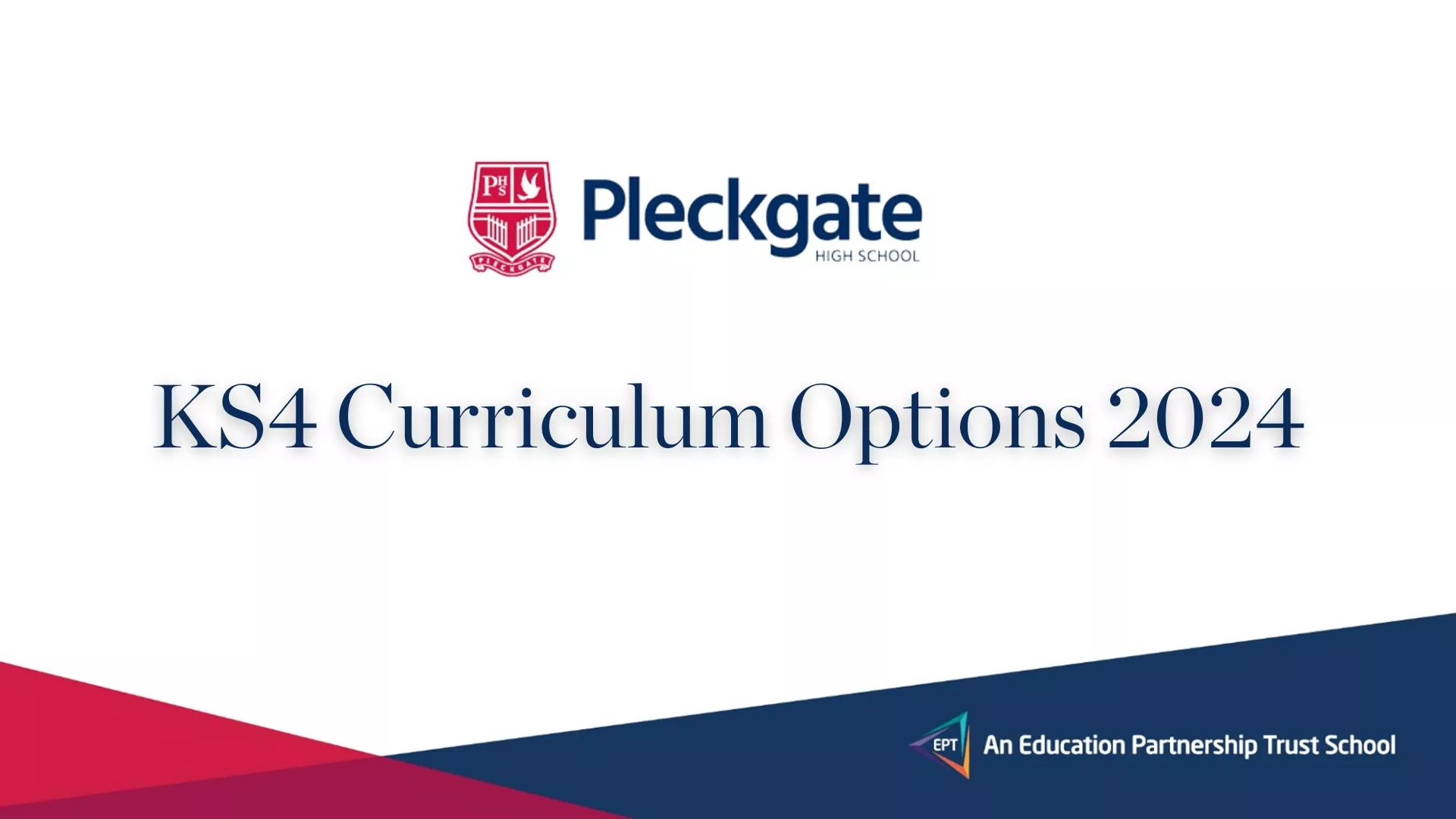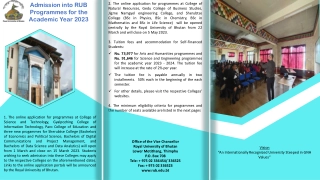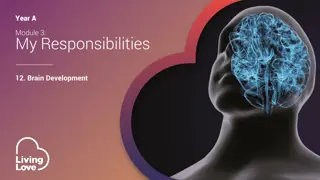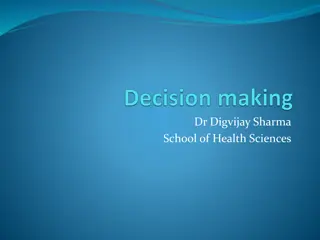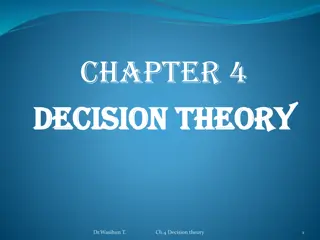Education Decision-Making Process at Blackburn College
Explore the three phases of the education decision-making process at Blackburn College, including gathering information, conducting research, and making informed decisions. Discover the key dates, events, and resources available to help students and parents navigate through the process effectively. Understand the curriculum, qualifications, and considerations for progression to higher education. Stay informed and prepared for the upcoming options briefing, futures talks, parent briefing, and more.
Download Presentation

Please find below an Image/Link to download the presentation.
The content on the website is provided AS IS for your information and personal use only. It may not be sold, licensed, or shared on other websites without obtaining consent from the author. Download presentation by click this link. If you encounter any issues during the download, it is possible that the publisher has removed the file from their server.
E N D
Presentation Transcript
Phase 1 Information about the process Phase 2 Research and Guidance Phase 3 Decision Making
Details of Process and Decisions to be made Options information for pupils 24th January 2024: Options briefing Blackburn College Futures talks Options presentations by subject leaders Parent Briefing 25th January 2024, 5.00pm
Research, Evidence and Consideration Option booklet launched on Google Classroom and Pleckgate website Monday 29th January 2024 Year 9 Reports - uploaded to EduLink wc 29th January Tutor group time spent researching on UniFrog Year 9 Parents Evening - Tuesday 6th February 2024 Half Term Holiday - 9th February 2024
Delivered in Year 10 and 11 to give a broad, general knowledge across a range of subjects
GCSEs, BTECs, CNATs and Vocational Awards GCSEs - Grade 9-1, grade 5 is a strong pass BTECs/CNATs/Voc Awards - Grades L2D*, L2D, L2M, L2P, L1D, L1M, L1P Level 2 pass or grade 4 needed to access Level 3 qualifications (A Levels, apprenticeships, BTEC L3) at college Level 3 qualifications required to progress to Level 4 (Higher Education, University)
EBACC is a suite of qualifications Colleges, sixth forms, universities and employers use as criteria Indication of a broad and balanced range of knowledge and skills Qualifications in English, mathematics, science a humanities subject and a modern foreign language at grade 5 or above
Our Curriculum - Compulsory Lessons PSHE - Personal, social and health education Core PE
Our Curriculum - Compulsory Qualifications GCSE English Language GCSE English Literature GCSE Mathematics GCSE Combined Science (2 GCSEs) GCSE RE Humanities: choice of GCSE History or GCSE Geography Language: choice of GCSE French, GCSE Urdu or GCSE Arabic
Our Curriculum - Compulsory Qualifications GCSE English Language GCSE English Literature GCSE Mathematics GCSE Combined Science (2 GCSEs) GCSE RE Humanities: choice of GCSE History or GCSE Geography
Our Curriculum - Optional Qualifications One additional choice from the following subjects: GCSE Art GCSE Business GCSE Computer Science GCSE Drama GCSE Design Technology BTEC Health and Social Care L1/2 Vocational Award in Hospitality and Catering BTEC Information Technology BTEC Music GCSE Physical Education CNAT Sport Studies GCSE in Triple/Separate Sciences (Biology, Chemistry and Physics) GCSE Statistics
Our Curriculum - Optional Qualifications Two additional choices from the following subjects: GCSE Art GCSE Arabic GCSE Business GCSE Computer Science GCSE Drama GCSE Design Technology GCSE French BTEC Health and Social Care Vocational Award in Hospitality and Catering BTEC Information Technology BTEC Music GCSE Physical Education CNAT Sport GCSE in Triple/Separate Sciences (Biology, Chemistry and Physics) GCSE Statistics GCSE Urdu
Setted subjects Maths P band only Science P band only (combined and separate) Core PE All other subjects are mixed ability to some extent. Set information is not shared with pupils/parents, classes have subject related names to improve self esteem and ensure pupils have the right focus
Putting your child in the best place for their future
Grades are usually more important than subjects In which subjects will your child work hardest and perform the best? Success results from ENJOYMENT Future study plans and career options Research thoroughly (4 weeks)
Pick a subject because of somebody elses reasons Pick a subject because your child likes the teacher Make assumptions without proper research
Important Points The options process must be followed correctly by all pupils
Option choices will only be accepted on the Google form before 22nd February Reserve choices must be stated when requested - these might be what are allocated There are no guarantees that an option choice will be offered Ask for advice from experts and listen carefully Questions should be directed to Mrs Ryding or Mr McKenzie
Emailed to pupils school email address Should not be submitted until your child is absolutely certain (they will not be able to change your mind) Must be completed in the presence of parent/carer Contains important instructions, if the form is completed incorrectly we will make the decisions on their behalf


